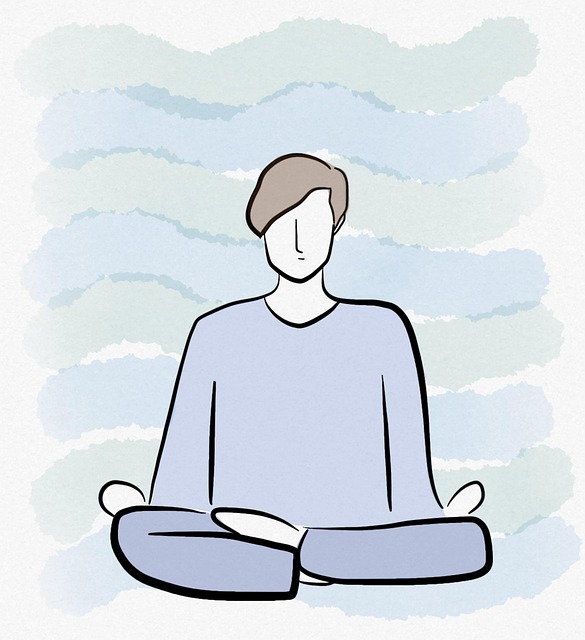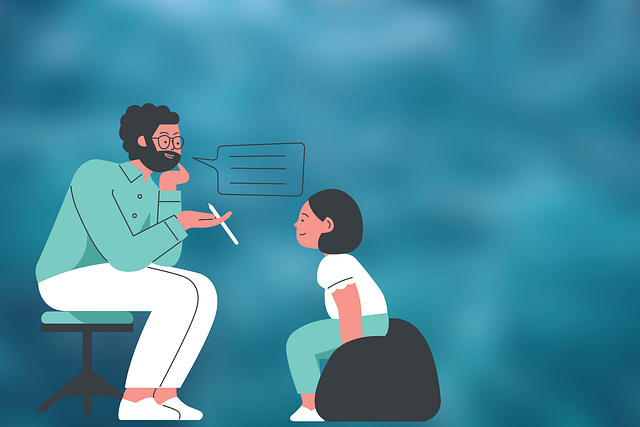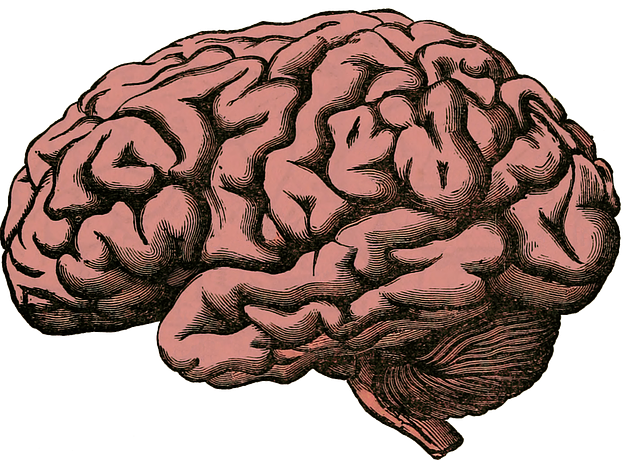Elderly individuals face unique stressors like health concerns, financial pressures, and social isolation that can impact cognitive function, immune systems, and cardiovascular health. Bilingual therapy offers a powerful tool by providing support in native languages to enhance stress reduction strategies, including crisis intervention, coping skills development, and inner strength techniques. This approach not only promotes mental wellness but also fosters cultural identity and community bonds. Specialized training equips healthcare providers to offer tailored care, encouraging self-care practices and strengthening patient-provider relationships. Stress reduction through practical strategies like mindfulness, physical activity, and hobbies, integrated into daily lives, significantly lowers stress levels among the elderly. Public awareness campaigns educate society and foster empathy towards elders' mental health challenges.
Stress reduction is a vital aspect of overall well-being, especially for the elderly population. This article explores effective methods to alleviate stress among seniors, focusing on tailored approaches that cater to their unique needs. We delve into understanding the root causes and consequences of stress in older adults, presenting ‘Bilingual Therapy’ as an innovative relaxation tool. Additionally, we offer practical strategies for daily stress reduction, empowering caregivers and individuals to enhance their quality of life.
- Understanding Elderly Stress: Causes and Impact
- Bilingual Therapy as a Relaxation Tool
- Practical Strategies for Daily Stress Reduction
Understanding Elderly Stress: Causes and Impact

Stress among the elderly is a complex issue, often stemming from various factors unique to this demographic. As individuals age, they may face challenges such as health concerns, financial strain, and social isolation, all of which contribute to elevated stress levels. The impact of chronic stress on seniors can be profound, leading to cognitive decline, weakened immune systems, and even an increased risk of cardiovascular issues. Recognizing these stressors is the first step towards implementing effective interventions.
Bilingual therapy for elders has emerged as a valuable tool in addressing these concerns. By offering support in their native language, therapists can enhance the effectiveness of stress reduction strategies. Crisis intervention guidance tailored to older adults’ experiences can provide immediate relief during stressful situations. Additionally, coping skills development and inner strength development techniques enable seniors to build resilience, enabling them to navigate life’s challenges with greater ease.
Bilingual Therapy as a Relaxation Tool

Bilingual Therapy offers a unique and powerful approach to stress reduction, particularly for older adults who may face additional challenges in managing mental wellness. This therapeutic method leverages an individual’s proficiency in two languages, creating a safe and culturally competent space for self-care practices. By engaging in conversations or participating in activities in their native tongue alongside another language, individuals can experience profound relaxation and emotional release.
For elders, bilingual therapy can be a game-changer, as it allows them to reconnect with aspects of their cultural identity, fostering a sense of belonging and reducing feelings of isolation. Healthcare providers who offer this service undergo specialized training in cultural competency, ensuring that they understand the nuances of different linguistic communities. This tailored care not only promotes mental wellness but also strengthens the bond between patients and their healthcare providers, encouraging ongoing self-care practices.
Practical Strategies for Daily Stress Reduction

Stress reduction is a vital aspect of maintaining good mental health, especially for elders in our communities. Practical strategies can be easily incorporated into daily routines to create a sense of calm and well-being. One effective approach is incorporating therapy tailored to the specific needs of seniors, such as bilingual therapy, which provides a safe space to express concerns and learn coping mechanisms. This form of therapy not only addresses individual stress but also fosters a sense of community among peers with similar experiences.
In addition to professional support, developing a self-care routine is key. Simple practices like mindful breathing exercises, regular physical activity suitable for their abilities, and engaging in hobbies can significantly reduce stress levels. Public awareness campaigns play a crucial role in encouraging these habits through education and promoting empathy towards elders’ mental health challenges. Building empathy within the community helps to break down barriers, ensuring that seniors feel supported and understood during their self-care journeys.
In conclusion, effectively managing stress is crucial for elderly well-being. By understanding the unique causes and impacts of stress in later years, we can employ various strategies such as bilingual therapy and practical daily routines to enhance relaxation and improve quality of life. For older adults, finding suitable stress reduction methods like bilingual therapy can be a game-changer, offering both mental and emotional relief. Incorporating these techniques into their lives can foster a more peaceful and fulfilling existence.









